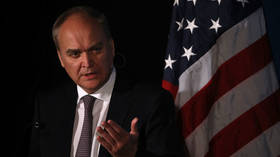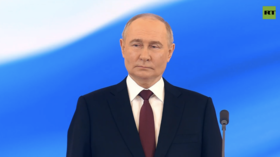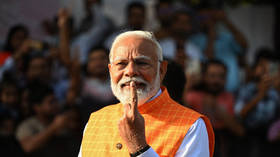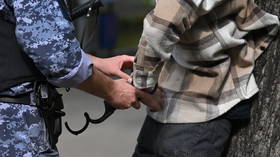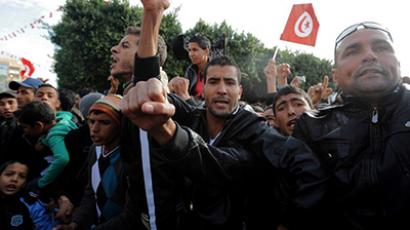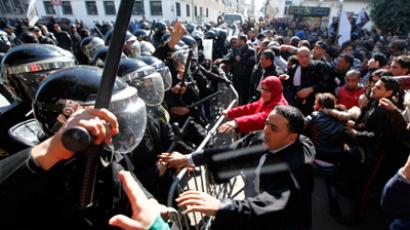Tunisia’s ruling Islamist party picks new hardline prime minister
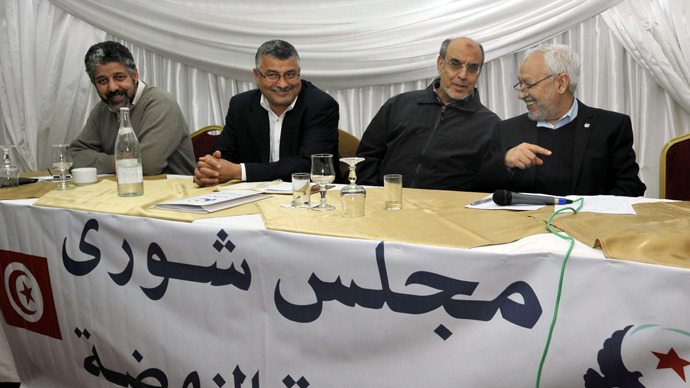
Tunisia’s main political party, the Islamist Ennahda, has chosen Ali Larayedh as a new hardline PM. He will replace Prime Minister Hamadi Jebali, who has refused to head the new government amid political turmoil.
"He is the official candidate of Ennahda for prime
minister," stated the son of Ennahda’s leader, Mouadh
Ghannouchi.
Larayedh, the country's interior minister, was a founding member
of Islamist party, and served as the party's secretary-general from
1980 till 1992, when he was arrested. He served 14 years in
prison.
The party leader Rached Ghannouchi and Larayedh, 57, will now
meet with President Moncef Marzouki, who is expected to task the
interior minister with forming a new government.
Among other candidates were Tunisia’s justice minister and the
minister for agriculture. A party official told Reuters earlier
that they didn’t wish to select anyone associated with the moderate
era of ex-President Ben Ali, opting instead for someone from the
party’s hardline wing.
Former PM Jebali tendered his resignation on Tuesday, after his
plan for a non-partisan technocratic government to deal with the
political crisis in the country was shot down by his own
constituents. Nonetheless, the party leader Rached Ghannouchi had
been expressing his desire for Jebali to remain as head of
government.
On Thursday, however, the former PM made a televised address to
the nation to apologize for “failing and disappointing” the people.
He urged the country to unite, stressing it’s the only way to solve
the nation’s political rift.
Jebali has also said that “Tunisians must be patient during
the coming months…demands and sit-ins must stop until the
revolution wins.” However, he said, he remains
optimistic.
Fresh political unrest has erupted in Tunisia following the
February 6 murder of prominent opposition leader Chokri Belaid.
This led to the resignation of some MPs from the moderate Congress
for the Republic party (CPR).
The aftermath of the events has been dubbed as the worst crisis in
the country since the start of the Arab Spring, which toppled the
former President Ben Ali and caused a subsequent wave of protests
and violent rallies against dictatorial rulers across the Arab
world.
The murder of the secular opposition leader has exposed deep
political divisions that exist between Tunisia’s liberal-minded
moderates and the country’s ruling Islamist Ennahda party. This is
despite the fact that many considered Tunisia to be the poster
child for change in the Arab world, given the strikingly low number
of casualties in their January 2011 version of the Arab
Spring.
Prior to the Ennahda party making its choice of prime minister,
police arrested several suspects behind Belaid’s murder, according
to a statement from Interior Minister Ali Larayedh.
He said “the investigation has progressed to the point that
suspects have been arrested,” but declined to comment further
or specify the suspects’ identities.


